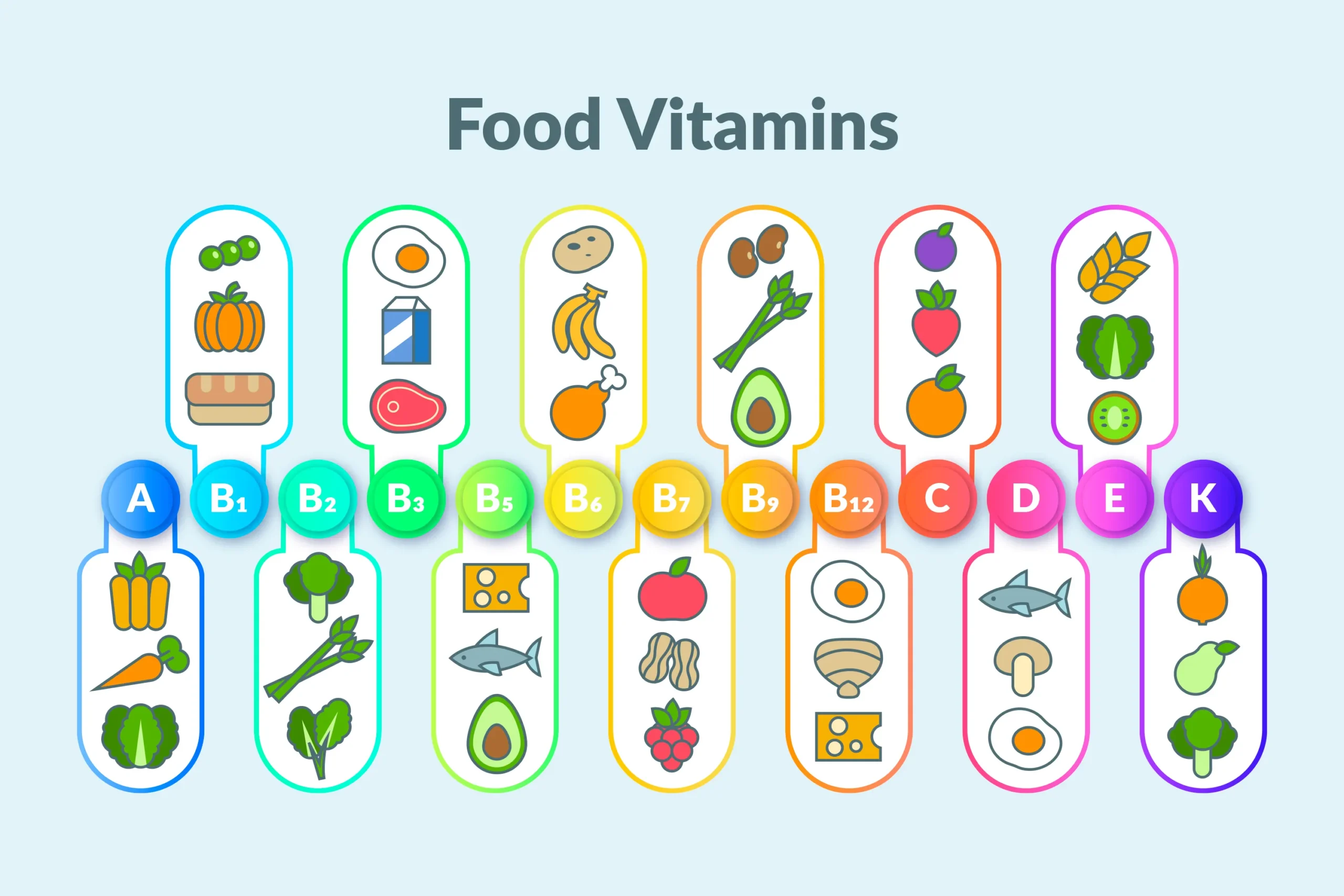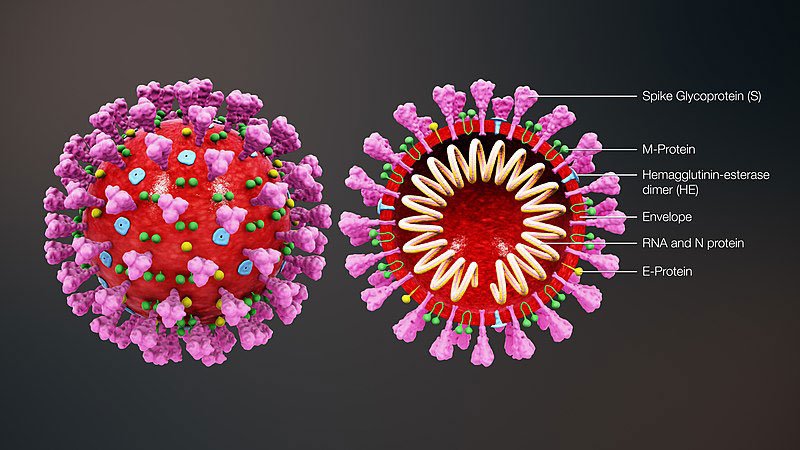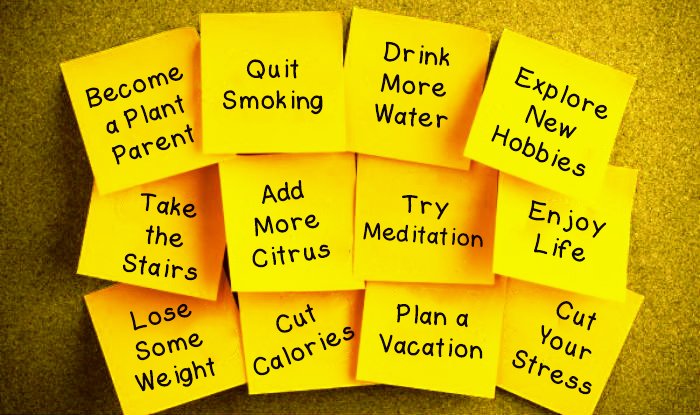Ways to Better Communicate with Your Partner
Effective communication is the foundation of any strong relationship. Without it, misunderstandings, resentment, and emotional distance can develop. Whether you're in a new relationship or have been together for years, improving the way you communicate with your partner can strengthen your bond and create a deeper connection. Here are some key ways to enhance communication with your partner.
1. Practice Active Listening
One of the most important aspects of communication is listening—not just hearing but truly understanding what your partner is saying. Active listening involves:
- Making eye contact
- Nodding or providing verbal affirmations like "I see" or "That makes sense"
- Repeating or summarizing what your partner has said to ensure clarity
- Avoiding interrupting while they are speaking
Active listening shows your partner that you value their thoughts and feelings, making them more likely to open up to you.
2. Express Yourself Clearly
Clear communication eliminates misunderstandings. Instead of expecting your partner to "just know" what you're thinking, express your feelings and needs openly. Use "I" statements rather than "you" statements to prevent sounding accusatory. For example:
- Instead of saying, "You never listen to me," try, "I feel unheard when I share my thoughts, and I’d love if we could talk about this more."
Ways to Better Communicate with Your Partner.
3. Be Honest and Transparent
Honesty is crucial in any relationship. Being open about your feelings, needs, and concerns helps build trust and prevents misunderstandings. Even if certain topics are difficult to discuss, addressing them with honesty and kindness can strengthen your bond.
However, honesty should always be paired with tact. Harsh truths can be hurtful, so express yourself with sensitivity.
4. Manage Conflicts Constructively
Disagreements are natural in any relationship, but how you handle them makes all the difference. Instead of blaming or yelling, focus on:
- Staying calm and composed
- Addressing the issue rather than attacking the person
- Finding common ground and compromising
Using phrases like "I understand where you're coming from" can make a conversation more productive. Avoid bringing up past conflicts unless they are directly relevant to the current discussion.
5. Show Empathy and Understanding
Empathy is the ability to put yourself in your partner's shoes and understand their feelings. Even if you don’t completely agree, acknowledging their emotions can make them feel heard and validated.
If your partner is upset, instead of dismissing their feelings, say something like, "I can see why you feel that way. Let’s work through this together." This approach fosters emotional connection and trust.
6. Use Non-Verbal Communication
Words aren’t the only way to communicate. Your body language, facial expressions, and tone of voice all convey messages. To improve non-verbal communication:
- Maintain eye contact to show engagement
- Use a calm and gentle tone, even during disagreements
- Offer reassuring touches, like holding hands or hugging
Being mindful of your non-verbal cues can prevent misunderstandings and enhance intimacy.
7. Set Aside Quality Time for Conversations
Daily responsibilities can make meaningful conversations difficult. Set aside dedicated time to talk with your partner without distractions. Whether it's during dinner, before bed, or during a walk, having regular check-ins helps maintain open communication.
During this time, avoid distractions like phones or television. Focus on each other and share thoughts, feelings, and experiences.
8. Be Open to Feedback
A healthy relationship involves growth and improvement. Be willing to listen when your partner expresses concerns about your communication style. Instead of becoming defensive, ask, "How can I do better?"
Likewise, if you need to give feedback, do so with kindness and encouragement. A supportive approach encourages positive change without creating resentment.
9. Learn Each Other’s Love Language
People express and receive love differently. Dr. Gary Chapman’s five love languages—words of affirmation, acts of service, receiving gifts, quality time, and physical touch—highlight different ways partners feel loved. Understanding your partner’s love language helps you communicate affection in ways that resonate with them.
For example, if your partner’s love language is words of affirmation, regularly expressing appreciation and encouragement will strengthen your relationship.
10. Apologize and Forgive
No one is perfect, and mistakes will happen. Knowing how to apologize sincerely and forgive each other is essential for long-term harmony. A genuine apology includes:
- Admitting the mistake
- Expressing remorse
- Taking responsibility
- Making an effort to change
Forgiveness doesn’t mean forgetting, but it does mean moving forward without holding grudges.
11. Avoid Passive-Aggressive Behavior
Passive-aggressive communication—like giving silent treatment, making sarcastic remarks, or using indirect criticism—can damage a relationship. If something is bothering you, address it openly rather than expressing frustration through subtle jabs. Direct and honest communication leads to resolution and understanding.
12. Respect Each Other’s Differences
You and your partner won’t always see eye to eye, and that’s okay. Respecting each other’s perspectives, values, and beliefs is key to a healthy relationship. Instead of trying to "win" an argument, seek to understand where your partner is coming from.
A relationship is about teamwork, not competition. Focus on strengthening your connection rather than proving a point.
13. Be Patient and Give Space When Needed
Not every problem needs to be solved immediately. Sometimes, taking a break from a discussion allows both partners to process their emotions and come back with a clearer mindset.
If your partner needs space, respect that without feeling rejected. Give them time, and reconnect when both of you are ready to talk.
14. Laugh and Have Fun Together
Communication doesn’t always have to be serious. Sharing laughter and joy strengthens your bond and makes your relationship more enjoyable. Lighthearted conversations, inside jokes, and playful moments help create positive memories.
15. Seek Professional Help if Needed
If communication struggles persist, seeking help from a couples therapist or counselor can be beneficial. A professional can provide guidance, tools, and techniques to improve communication and resolve deep-seated issues.
Conclusion
Effective communication is a continuous process that requires effort, patience, and understanding. By actively listening, expressing yourself clearly, managing conflicts constructively, and showing empathy, you can build a strong, loving relationship with your partner. Small changes in the way you communicate can make a significant difference in deepening your connection and ensuring a happy, healthy relationship.


































